Your roof is the shield that protects your home from the elements. Regular roof inspection in Atlanta is crucial to ensure it remains in top condition. Just like getting a regular checkup for your car, a roof examination can identify potential problems early on, saving you money and preventing major headaches down the road. This guide will detail what to expect during a professional roof check-up, empowering you to be a prepared and informed homeowner.
Why Regular Roof Inspections Matter?
Your roof is constantly exposed to harsh weather conditions like rain, sun, and wind. Over time, these elements can take a toll, leading to deterioration and potential leaks. Early detection is key. A professional roof examination can uncover minor issues before they escalate into major repairs, such as a roof leak repair or even a complete roof replacement. This can save you thousands of dollars in the long run.
How Often Should You Get a Roof Inspection in Atlanta?
You should have your roof inspected at least once a year. If you live in an area prone to severe weather or have an older roof (over 20 years old), it’s wise to get an inspection every six months. Here are some additional situations that warrant a roof checkup:
- After a major storm: High winds, hail, or heavy snowfall can damage your roof. An inspection can assess the extent of the damage and ensure your roof is still functioning properly.
- Before buying or selling a home: A roof examination is typically included in a home check-up. If you’re selling your home, a good roof report can give potential buyers peace of mind and increase your bargaining power. Knowing the condition of the roof beforehand can help buyers budget for potential repairs.
- Visible signs of wear and tear: Missing shingles, curling edges, or obvious leaks are all red flags that necessitate a checkup.
Who Conducts Roof Inspections?
Roof inspections are typically performed by licensed and insured residential roofing contractors. They have the expertise to identify potential problems and provide you with a detailed report so that you will be able to hire them for roof repair in Atlanta. It’s important to choose a reputable contractor with a good track record.
Preparing for Your Roof Inspection: What You Can Do?
Once you’ve scheduled your roof examination, there are a few things you can do to prepare:
- Schedule the inspection on a dry and sunny day: This will allow the inspector to walk on the roof and perform a thorough examination safely.
- Gather information about your roof: If you have any documentation related to the roof’s installation, materials used, or past repairs, have it readily available for the inspector.
- Clear any obstructions: If possible, remove any furniture, decorations, or boxes from the attic that might hinder the inspector’s access.
- Be aware of weather forecasts: If there’s a chance of rain or strong winds on the scheduled examination day, reschedule for a safer time.
The Process: What Happens on Inspection Day
The inspector will arrive at your home and introduce themselves. They will briefly discuss the scope of the assessment and answer any questions you might have. The roof examination typically involves two main parts:
Interior Inspection (Attic)
The inspector will first access your attic to examine the underside of your roof. Here’s what they’ll be looking for:
- Structural Integrity: They will check for signs of sagging or rotting roof supports, which can indicate structural issues.
- Ventilation and Moisture: Proper ventilation is crucial for preventing moisture buildup and subsequent mold growth. The inspector will assess the adequacy of your ventilation system and check for signs of moisture damage, like water stains or soft spots in the decking or roof sheathing.
Signs of Leaks
The inspector will be on the lookout for any evidence of leaks inside the attic. This may include:
- Water stains: Dark or discolored areas on the roof sheathing, rafters, or trusses can indicate past or present leaks.
- Mold growth: Mold thrives in damp environments. Its presence is a strong indicator of a leak.
- Light peeking through: This is a clear sign that there’s a hole or gap in the roof covering, allowing light to penetrate.
Exterior Inspection
Once the interior examination is complete, the inspector will move on to the exterior of your roof. Here’s a breakdown of what they’ll be examining:
Roof Shingles/Tiles
The inspector will closely examine the condition of your shingles or tiles. They’ll be looking for:
- Damage Assessment: This includes checking for cracked, loose, missing, or curled shingles. Curling shingles indicate they are nearing the end of their lifespan.
- Missing or Cracked Shingles: Even a few missing or cracked shingles can compromise the integrity of your roof and allow water infiltration.
- Moss and Algae Growth: While not necessarily a deal-breaker, excessive moss and algae growth can trap moisture and accelerate shingle deterioration.
Flashing and Seams
Flashing is the thin metal material used around chimneys, vents, and other roof penetrations to prevent water leaks. The inspector will ensure the flashing is properly installed, sealed, and free of rust or damage. They will also check the seams where different roof sections meet for any gaps or cracks.
Valleys and Gutters
Valleys are the low points where two roof slopes meet. The inspector will ensure they are properly channeled to direct water flow away from the house. Gutters will also be inspected for debris buildup, clogs, and proper functioning to ensure efficient water drainage.
Post-Inspection: What to Expect After the Roof Examination
Following the checkup of the roof, the inspector will provide you with a detailed report outlining their findings. This report will typically include:
- The severity of Issues: The report will categorize any identified problems based on their severity, from minor cosmetic issues to major structural concerns.
- Repair vs. Replacement Options: Depending on the extent of the damage, the inspector will recommend repairs or a full roof replacement. The inspector should explain the reasoning behind their recommendations.
- Cost Estimates and Timelines: The report should provide you with a rough estimate of the cost for repairs or a replacement, along with an estimated timeline for completing the work.
Don’t Hesitate to Ask Questions
After receiving the report, take some time to review it carefully. Don’t hesitate to ask the inspector any questions you may have about the findings, recommendations, or cost estimates.
Conclusion: The Benefits of Regular Roof Inspections
Regular roof inspection in Atlanta is an essential part of responsible homeownership. By proactively identifying and addressing potential problems, you can prevent costly repairs down the road and ensure your roof continues to protect your home for years to come. A well-maintained roof not only provides peace of mind but also contributes to the overall value of your property. So what are you waiting for? Book an Appointment with team Outdoor Makeover Roof & Exteriors to get your roof inspected today!

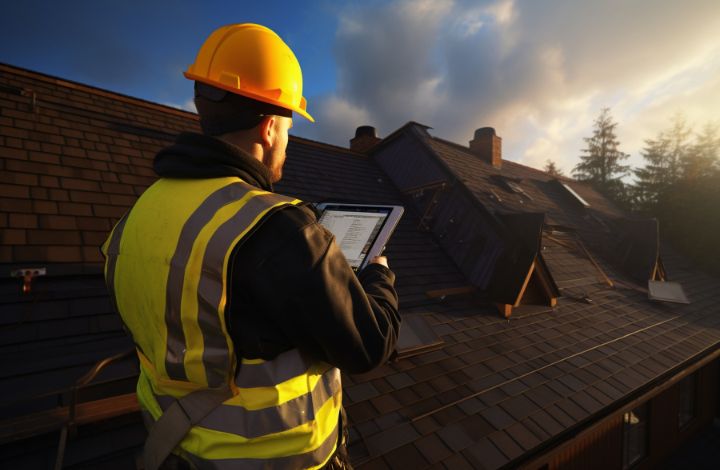
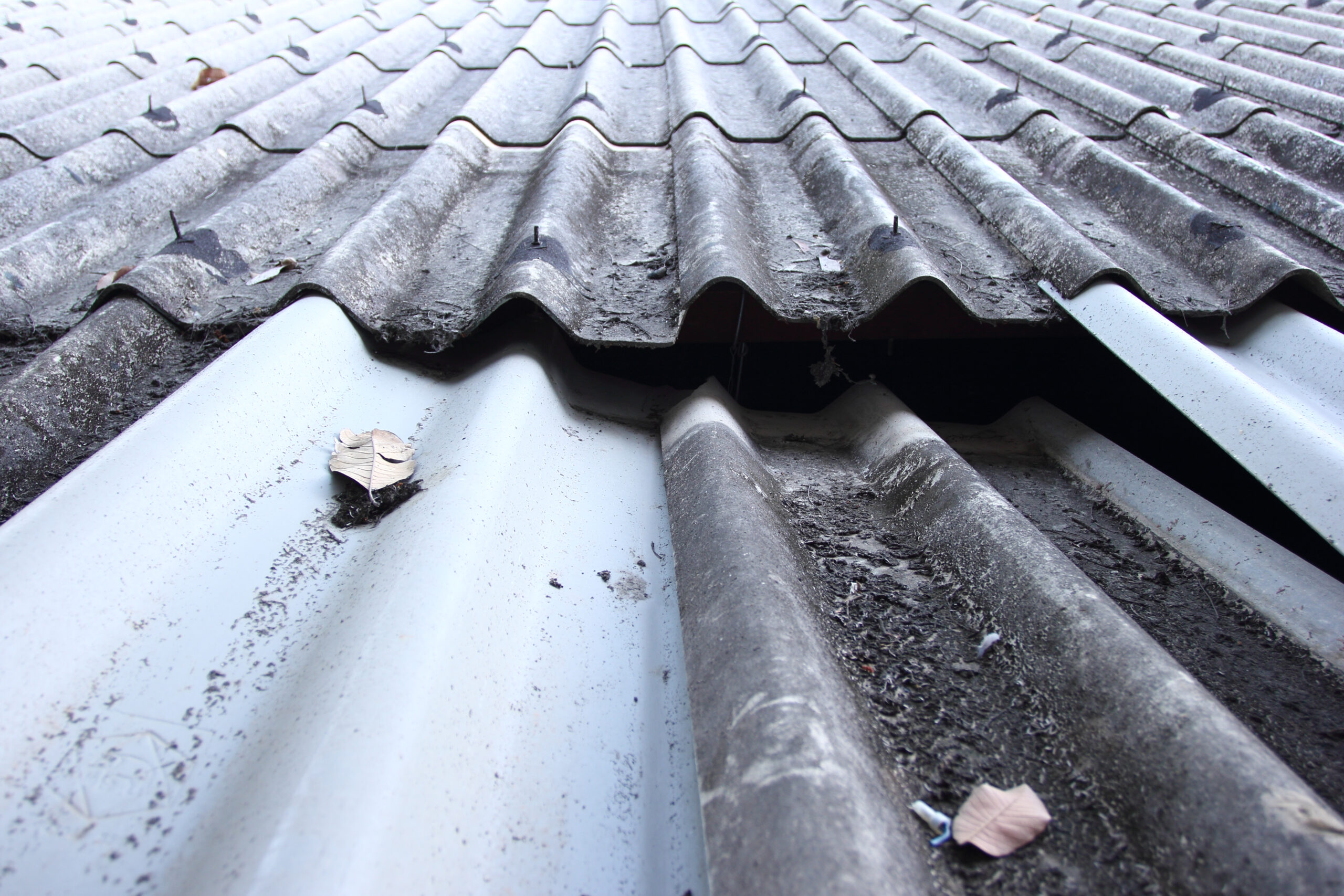
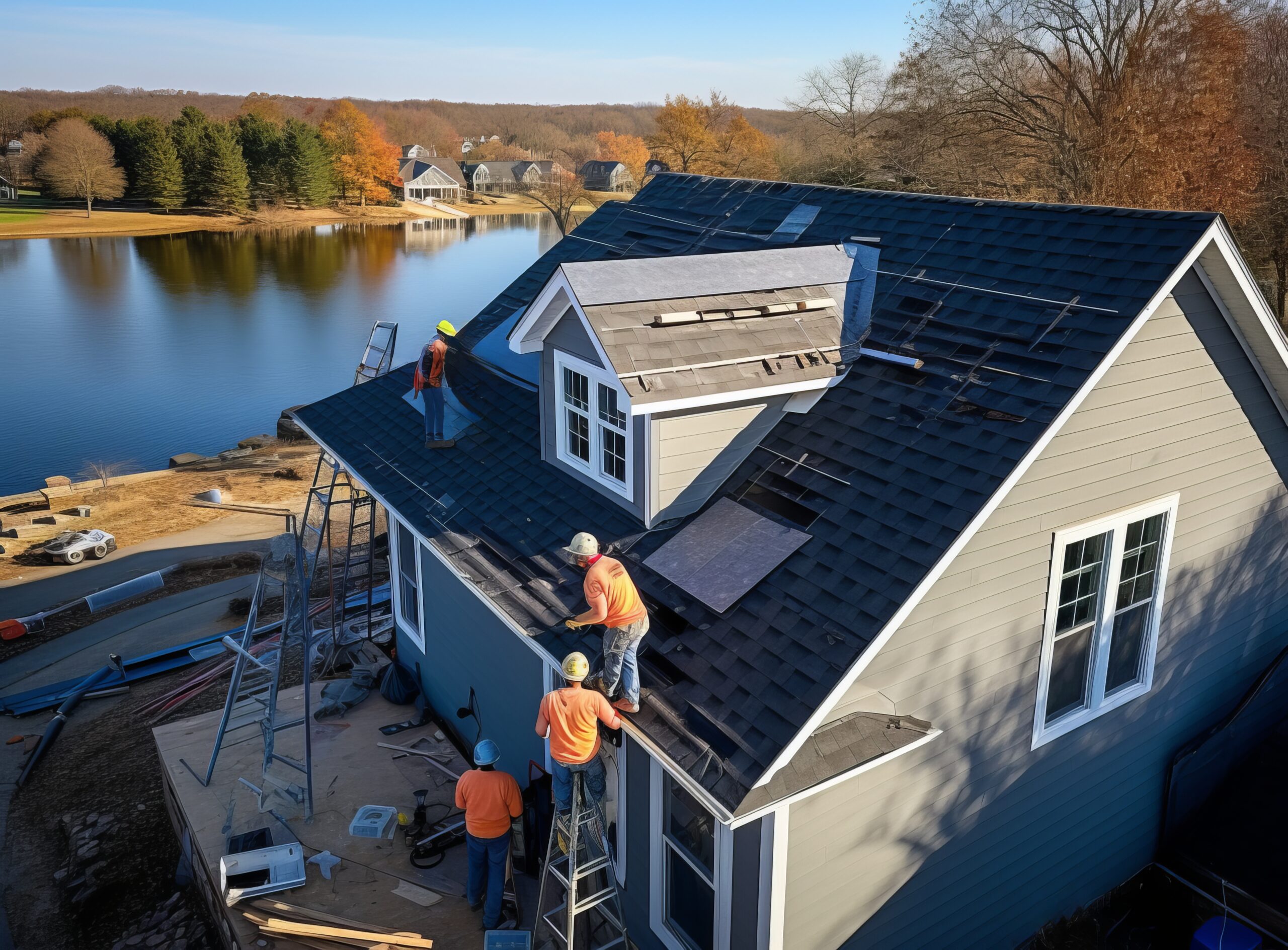
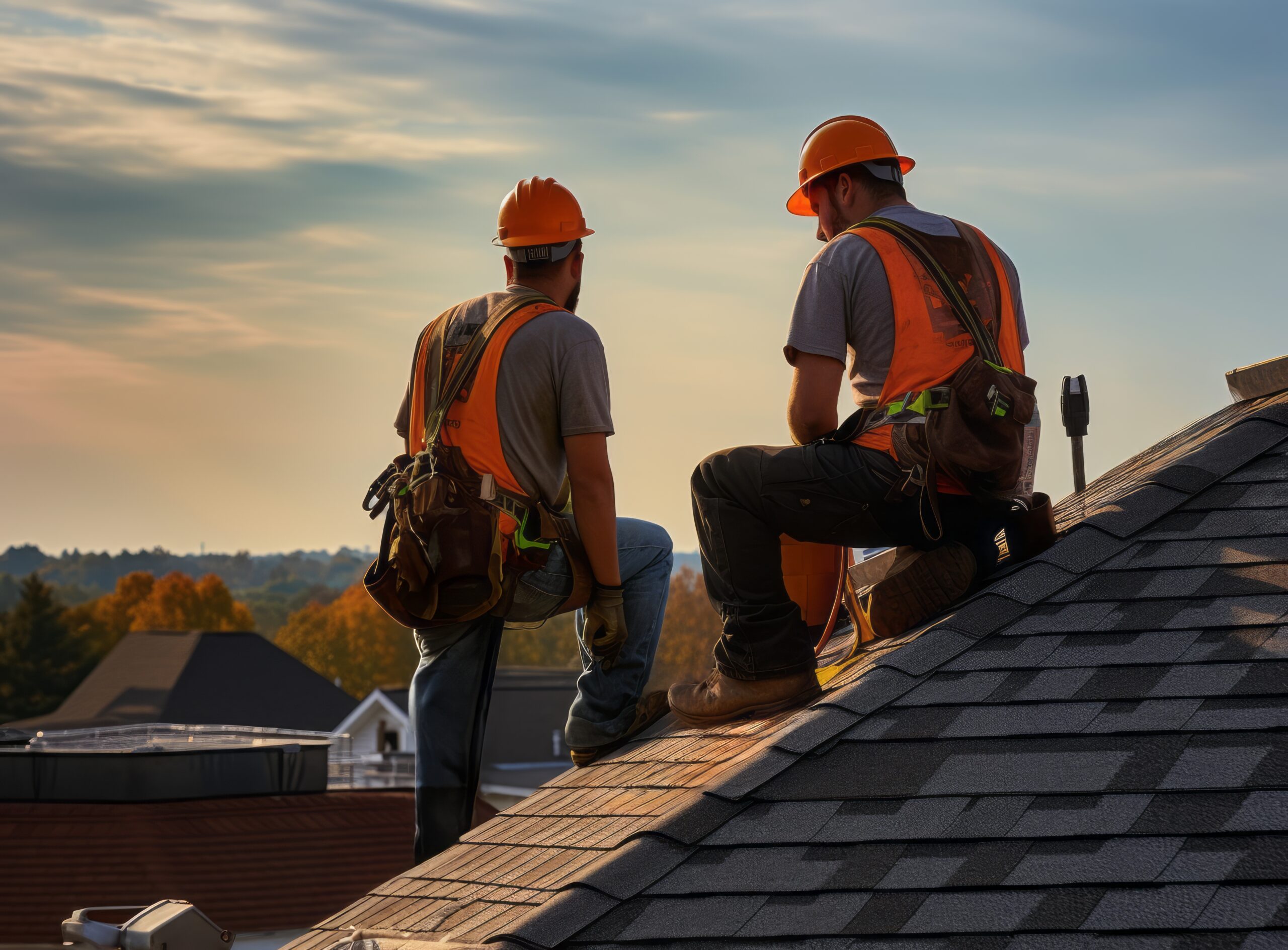
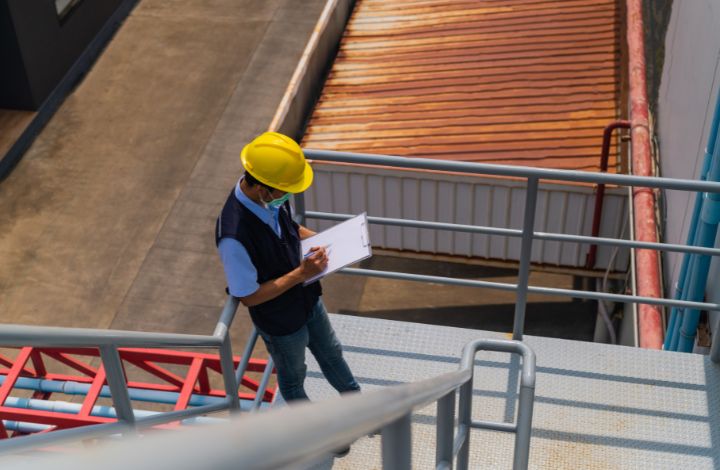
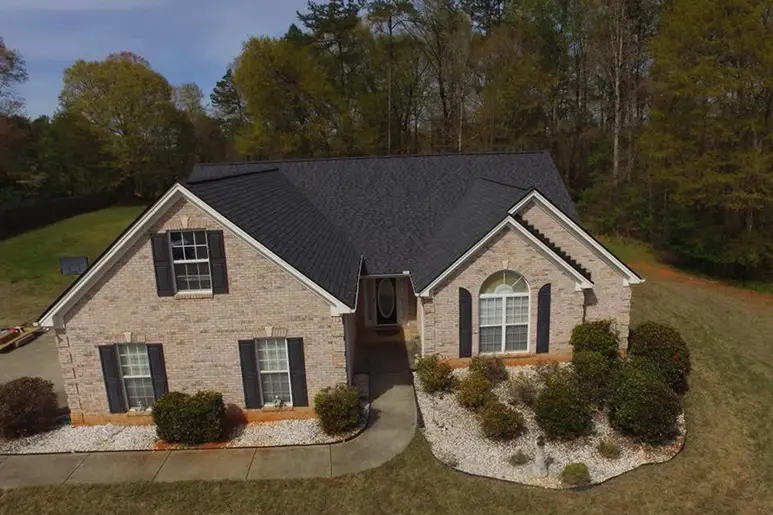 Elevating Home Safety: Expert Roofing Inspections for Peace of Mind
Elevating Home Safety: Expert Roofing Inspections for Peace of Mind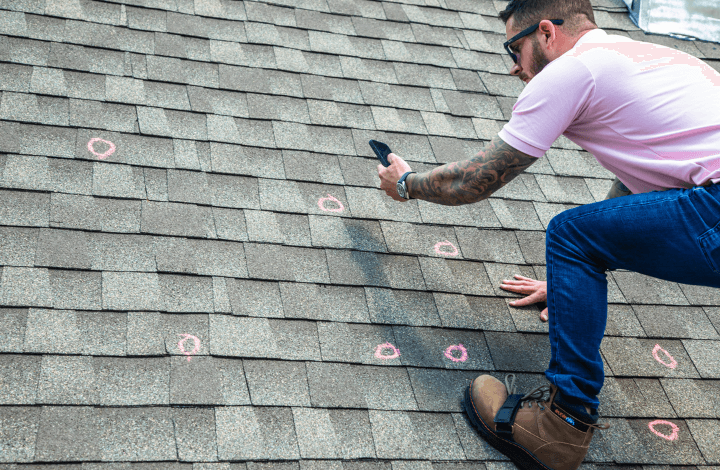 The Ultimate Roof Inspection Guide: What To Expect & How It Works
The Ultimate Roof Inspection Guide: What To Expect & How It Works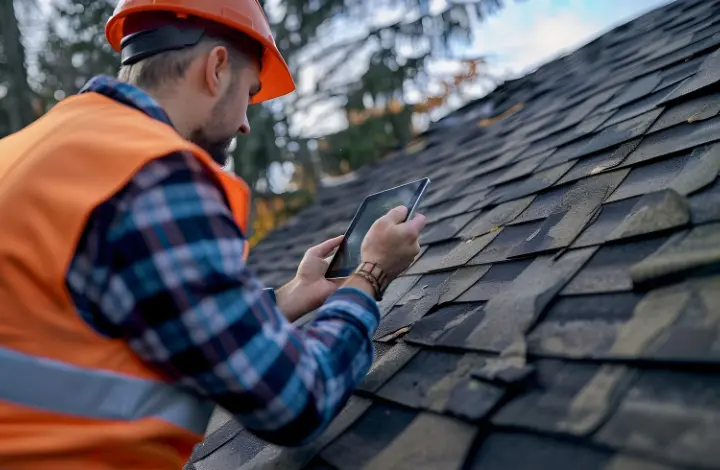 The Crucial Role of Attic Ventilation in Maintaining Roof Health
The Crucial Role of Attic Ventilation in Maintaining Roof Health
LET'S BE SOCIAL: